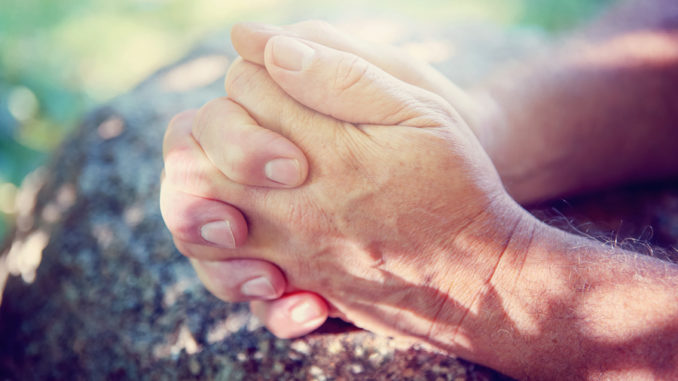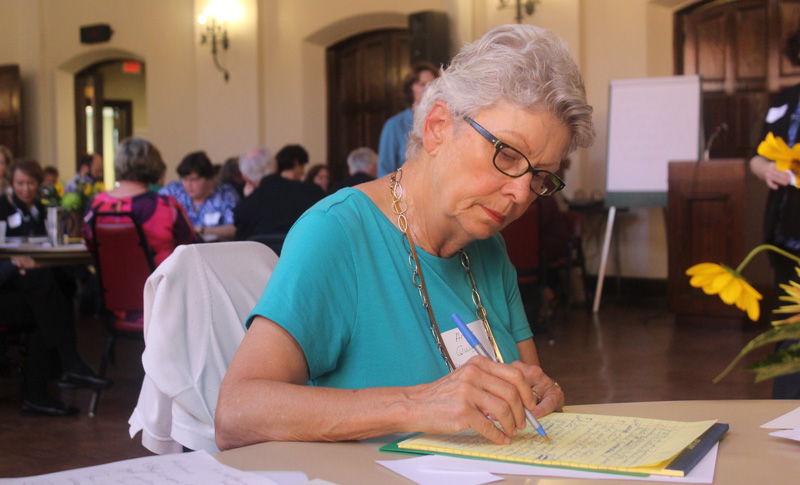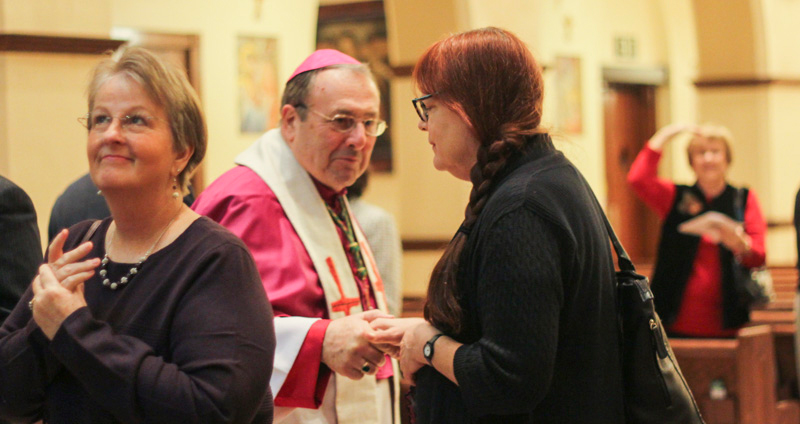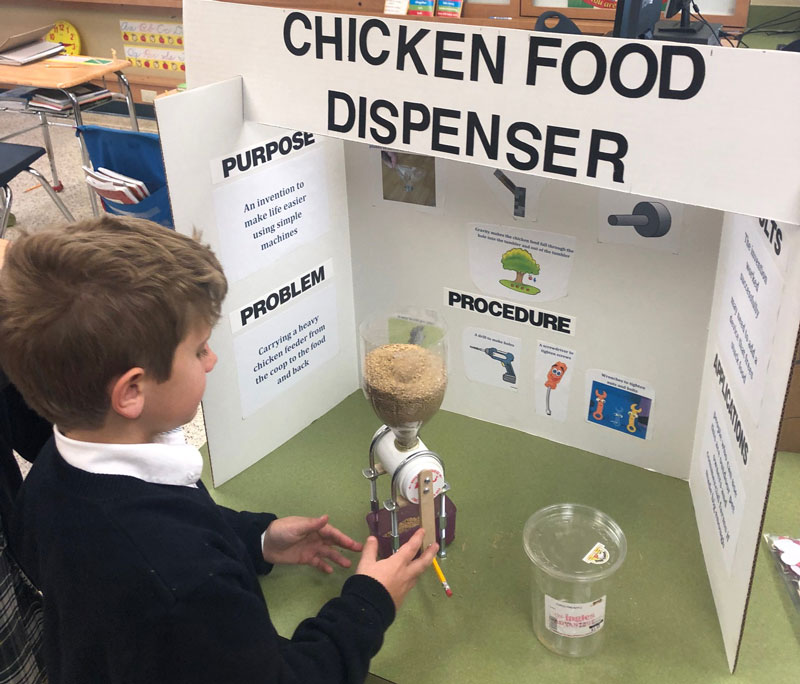
Our terminology says a lot about our mindsets. Take, for example, the way in which for the past 55 years we have spoken of Protestant and Orthodox Christians as our “separated brothers and sisters.”
That was the term which the Second Vatican Council used, as it urged Catholics to find ways to join other Christians in civic enterprises, social outreach, dialogue, and shared prayer.
Earlier, it was more likely that we would find Catholics labeling other believers in Jesus as heretics, dissidents, or schismatics because of the differences in doctrine and practice which had arisen over centuries. St. John XXIII and St. Paul VI invited us to realize that the divisions among Christians are a cause for scandal and must be worked on in the spirit of charity. At the same time, these champions of Christian unity expected us to acknowledge and regret the very real differences which remain to this day — and in some cases have increased. In a similar vein, the Council invited Catholics to learn something about the beliefs of Jewish, Muslim, Buddhist, and other non-Christian believers. It noted that, despite the vast differences in ideas about God and the good, there are certain things which are “holy and true” to be found in these religious traditions. That seems a far cry from writing people off as non-believers or pagans.
St. John Paul II provided an example to all of us by making public apologies for the actions of the Inquisition, for the persecution and burnings at the stake of Christian reformers, and for the mistreatment of Galileo. He apologized for bloody injustices committed against Muslims during the Crusades and for the silent cooperation of so many Christians during the Nazi-engineered killing of Jewish people in the Holocaust. He also met and consulted with leaders of many religious faiths. Does this mean that suddenly Catholics believe one religion is just as good and true as another? Is the ideal somehow working toward a grand religious melting pot?
That isn’t the point at all. What the ecumenical and interreligious efforts of recent decades signal is a commitment to understand, to seek ways to cooperate, and to coexist respectfully. Within our own state, three organizations in which Catholics are involved reflect the ongoing commitment to working together and focusing on those things which unite us rather than divide us. The Fellowship of South Carolina Bishops sponsors dialogue days and has put energy into advocating for improvements in the quality of public education and also finding means to confront hate. The South Carolina Christian Action Council currently exerts energy on behalf of education, countering racism, and promoting legislation to protect people from predatory lending. The Interfaith Partners of South Carolina this January scheduled celebrations to promote peace and also conversations about how religion and science interact. From Baha’i to Baptist, from Christian Methodist, Episcopal and Quaker to Sikh, people are talking.
In this day and time, it seems most important — and indeed critical to societal survival — that we do so. At the same time, we stand committed to the One whom we adore as Way, Truth, and Life, and we treasure the rich deposit of faith which leads and guides us. Listening and conversing seems, after all, a worthy response to that familiar question: WWJD — What would Jesus do?




